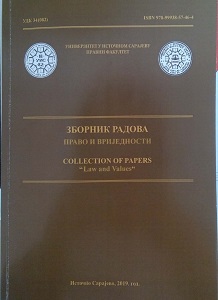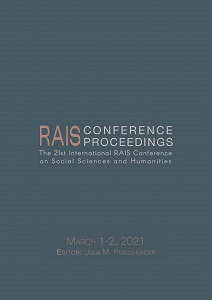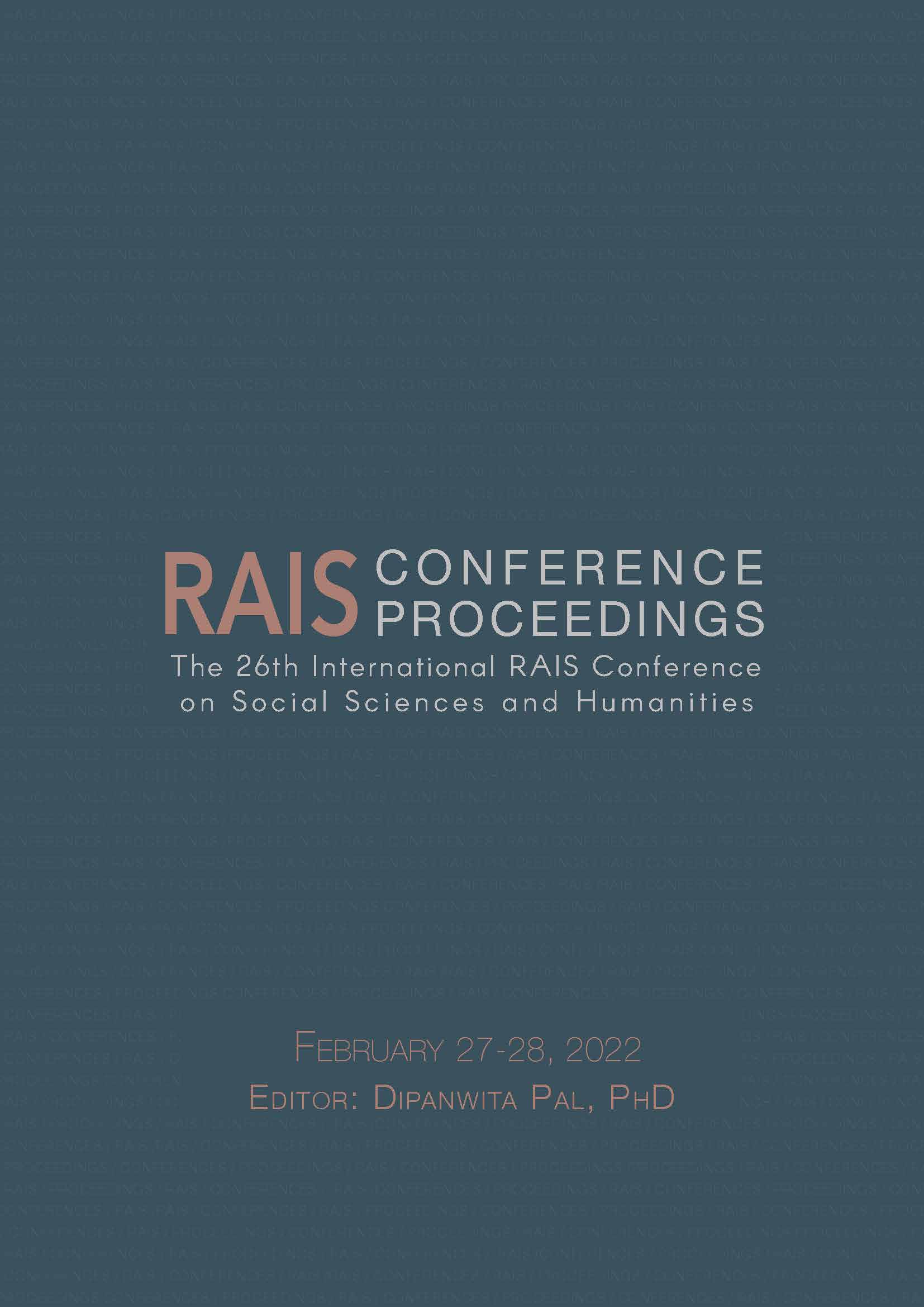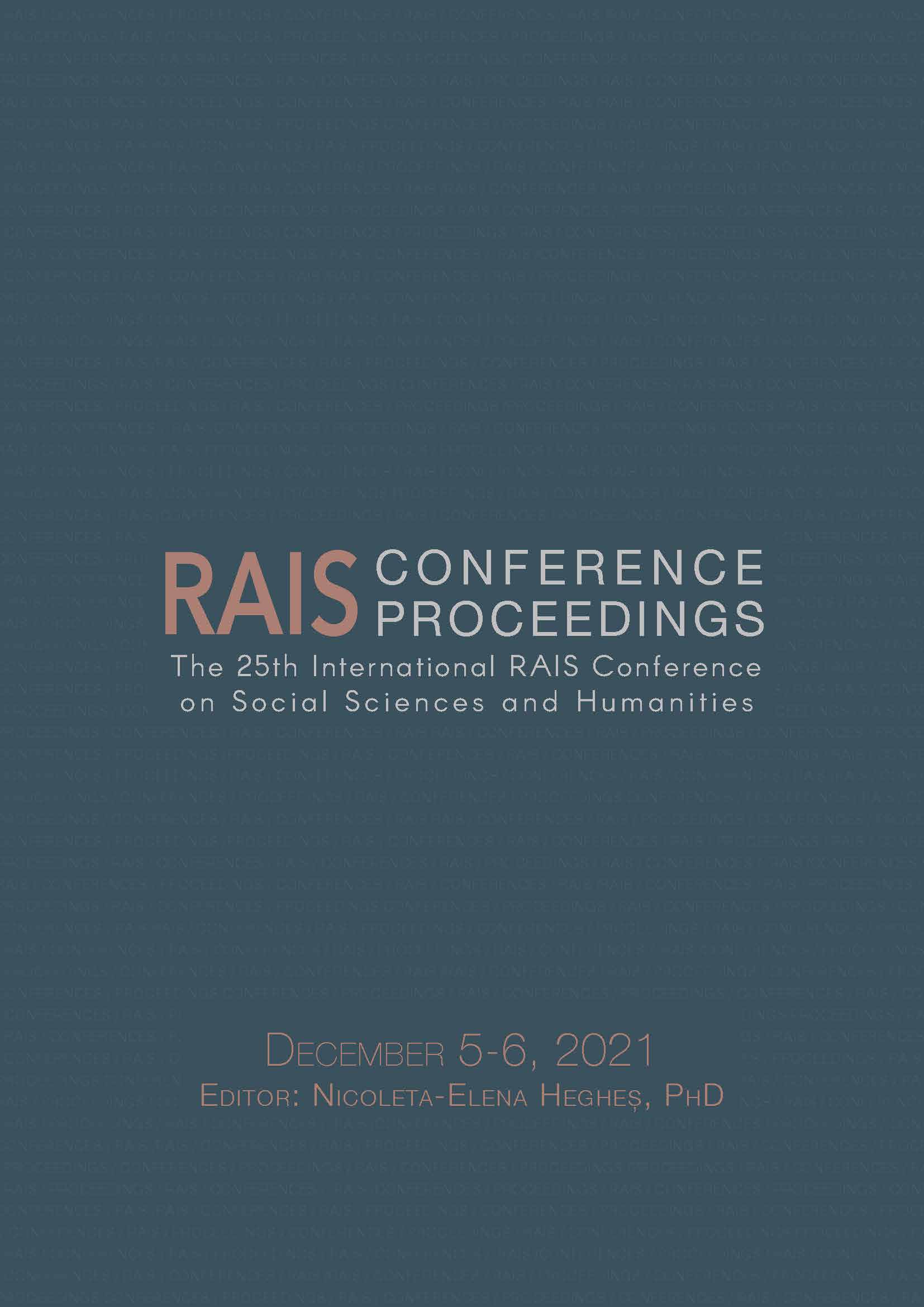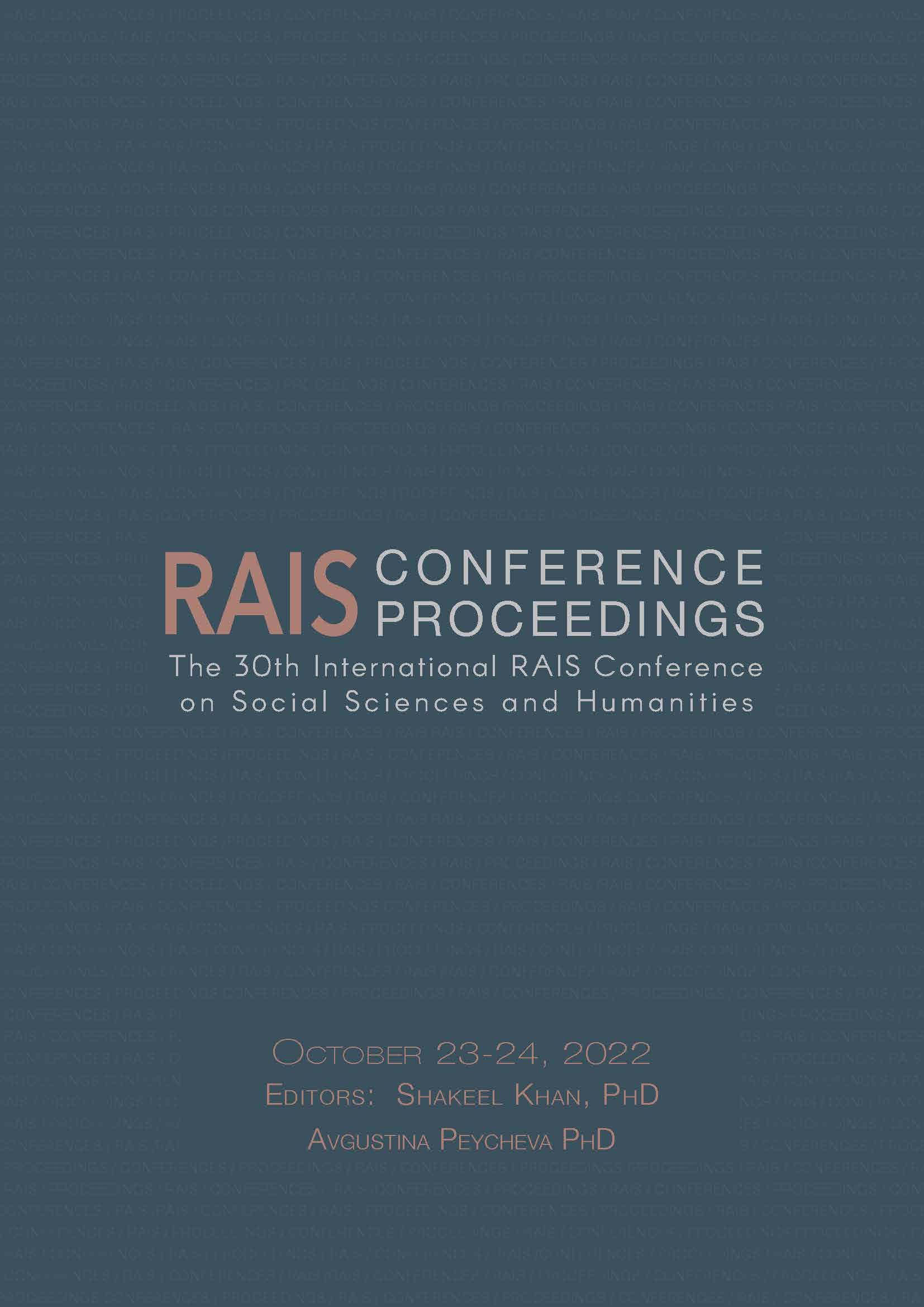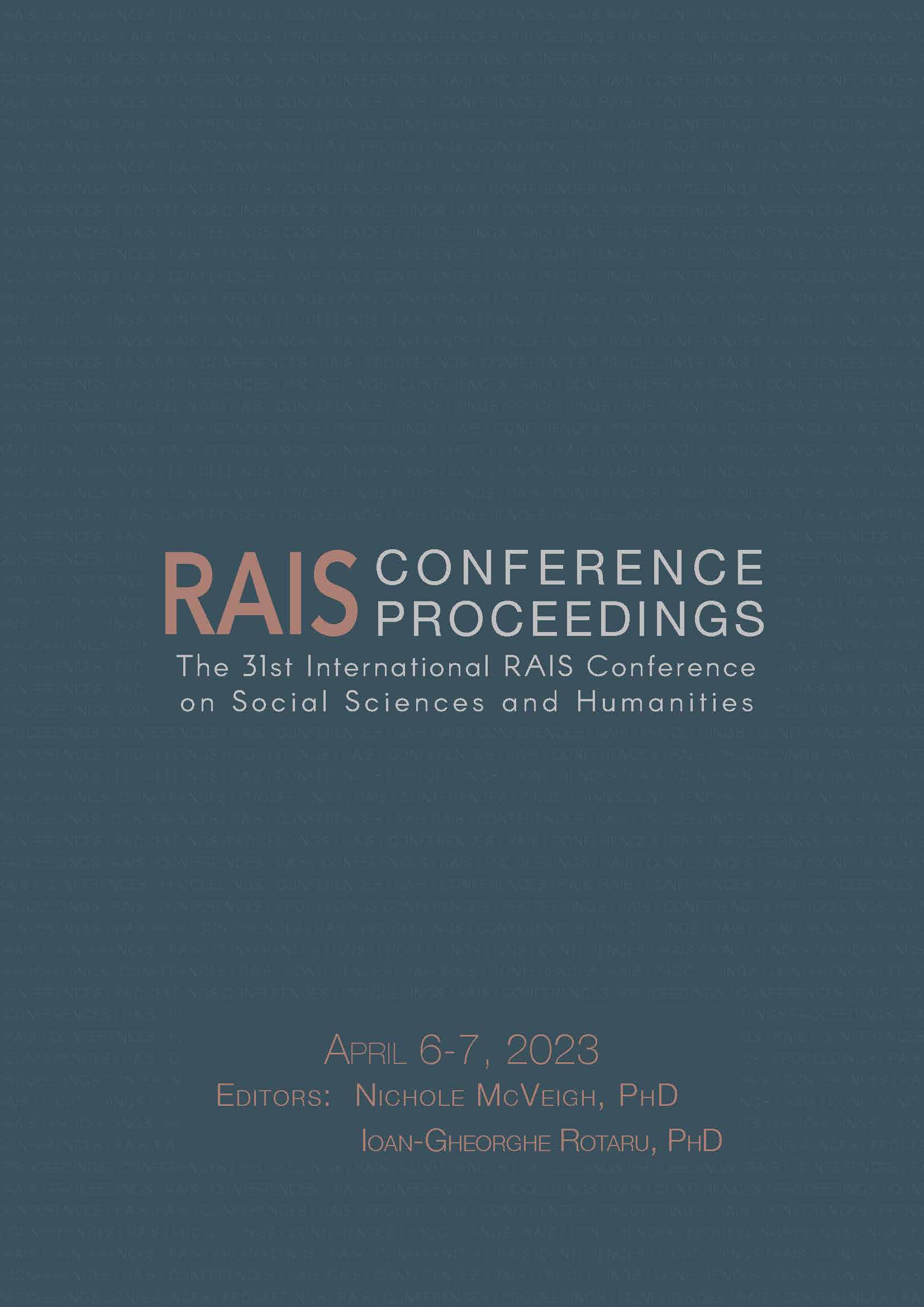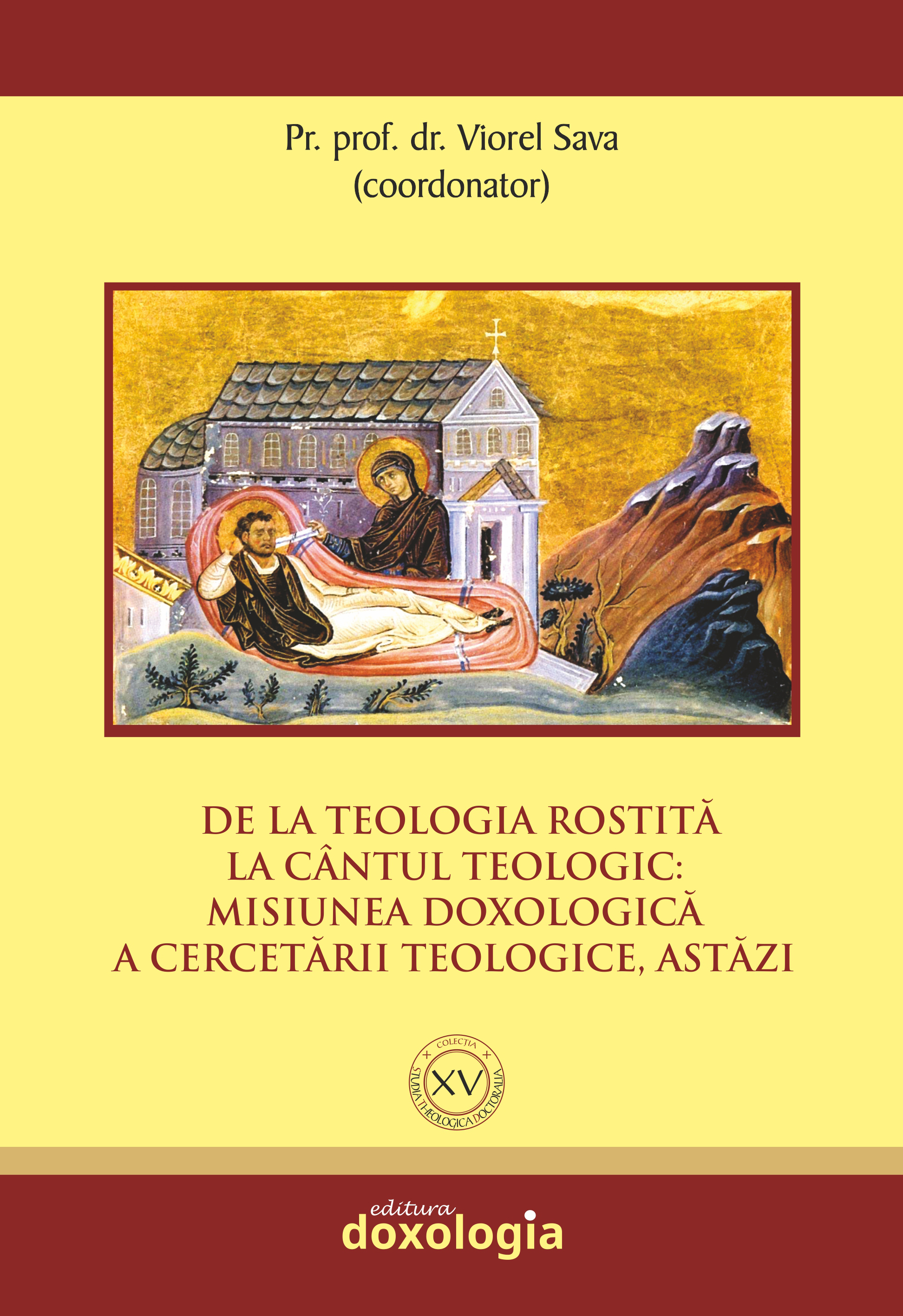Author(s): Lucian Corduneanu / Language(s): Romanian
Publication Year: 0
This study presents the adoption context of the corrected calendar within the Romanian Orthodox Church. The implementation of this measure in the Diocese of Bessarabia led by Bishop Gurie Grosu, the problems arising from the introduction of the corrected calendar, as well as the way in which the Bishop of Bessarabia and the administration from Chisinau implemented the decisions of the Synod of the Romanian Orthodox Church, will be the main issues debated within this study. The adoption and introduction of the corrected calendar in 1924 by the Romanian Orthodox Church, although necessary, would lead to the appearance of strong opposition in many dioceses. Some of the strongest opposition to the adoption of the corrected calendar were manifested in Bessarabia and involved several factors, including political ones. During the interwar period (until 1937), the diocese of Bessarabia was led by Bishop Gurie Grosu, one of the most illustrious hierarchs within the Romanian Orthodox Church, with a particularly significant contribution to the promotion of the native language, culture and values during the tsarist period, and since 1917, an ardent supporter of the national movement and the Union with the Motherland. Gurie Grosu (archbishop between 1920-1928 and metropolitan between 1928-1936) sustained the adoption of the calendar in his diocese, despite the opposition of many believers, even some of his advisers. Moreover, several monasteries (Răciula, Tabora and Hirova) showed their opposition to the new calendar, demanding that divine services to be performed according to the "old calendar". In order to clarify the significance of the Calendar reform, Bishop Gurie Grosu made many canonical visits, published several pastorals, brochures, circulars, etc., collaborated with different socio-professional categories (teachers, bishops and clergy from the Kingdom, politicians, gendarmes, primary-school teachers etc) for the purpose of enlightening the believers. Given the apparent opposition and ignorance of some clerics related the Bessarabian archbishop’s decisions, the church administration in Chisinau was forced to take some firm measures, such as transfers or even excommunication. The issue of adopting the corrected calendar would be a “thorny issue” until the suspension of the Metropolitan Gurie (November 1936) and after.
More...
